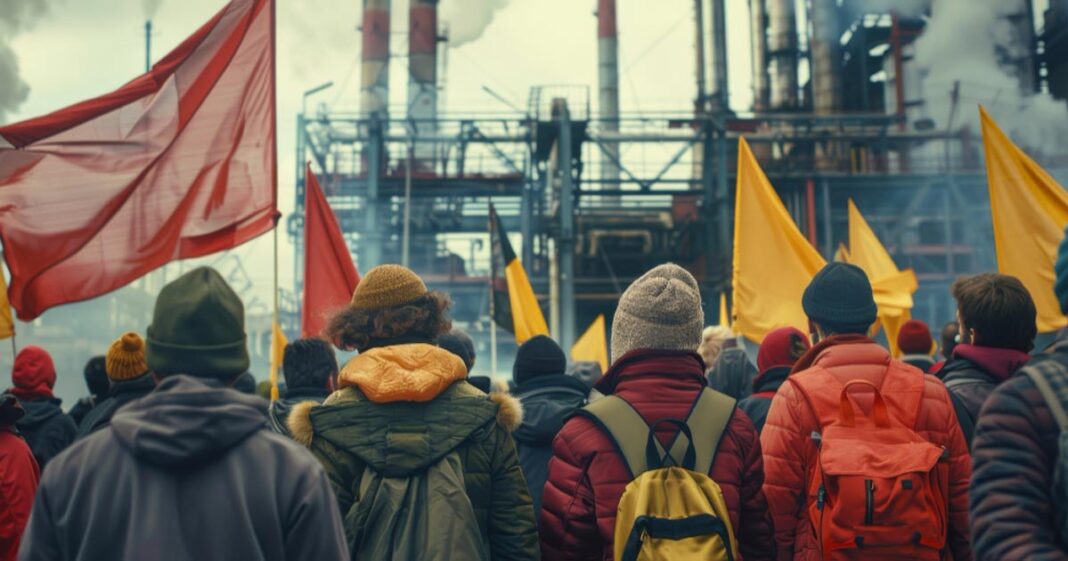
Introduction
Populism has become a defining force in global politics, reshaping democracies, challenging traditional elites, and giving rise to leaders who claim to represent “the people” against the establishment. While populist movements often resonate with voters who feel unheard, they also raise concerns about political polarization, governance stability, and institutional integrity. What makes populism so appealing, and how does it influence democratic systems worldwide?
The Rise of Populist Leaders Across the World
Populist leaders have gained traction in both democratic and authoritarian regimes. Some notable examples include:
– Donald Trump (United States) – Rose to power on an anti-establishment, “America First” platform.
– Narendra Modi (India) – Gained massive support through nationalism and economic promises.
– Jair Bolsonaro (Brazil) – Built a strong base with anti-elite and conservative rhetoric.
– Marine Le Pen (France) – Represents far-right populism with nationalist and anti-immigration policies.
– Andrés Manuel López Obrador (Mexico) – Appeals to working-class citizens with leftist populist policies.
Why Populist Rhetoric Resonates with Voters
Populist politicians successfully tap into widespread frustrations and anxieties, using the following strategies:
1. Anti-Elite Messaging
– Portray traditional political elites as corrupt, out of touch, or self-serving.
– Position themselves as the “voice of the people.”
2. Nationalism and Identity Politics
– Emphasize national pride, sovereignty, and cultural preservation.
– Often oppose globalization, immigration, or foreign influence.
3. Economic Grievances and Inequality
– Address concerns about job losses, income disparity, and economic insecurity.
– Blame economic struggles on elites, international institutions, or minority groups.
4. Direct Communication Through Media
– Use social media to bypass traditional news outlets and speak directly to followers.
– Employ simple, emotional language to connect with the public.
The Impact of Populism on Democratic Institutions
Populism can have both positive and negative effects on democracy:
1. Increased Political Engagement
– Encourages voter participation, particularly among disillusioned groups.
– Shakes up traditional party systems, forcing political renewal.
2. Erosion of Democratic Norms
– Some populist leaders weaken institutions by attacking the judiciary, media, or opposition parties.
– Consolidation of power often leads to democratic backsliding.
3. Policy Shifts and Governance Challenges
– Populist governments tend to prioritize short-term, crowd-pleasing policies over long-term stability.
– Decision-making can become erratic, based on popular sentiment rather than expert advice.
Case Studies of Successful Populist Movements
1. Brexit (United Kingdom)
– The “Leave” campaign leveraged populist sentiments, emphasizing national sovereignty and anti-elite rhetoric.
2. The Five Star Movement (Italy)
– Rose as an anti-establishment party, combining left-wing social policies with right-wing nationalism.
3. Viktor Orbán’s Hungary
– Used populism to consolidate power, restrict media freedoms, and centralize authority.
The Future of Populism in Politics
While populism continues to thrive, its sustainability remains uncertain. Some leaders face backlash when campaign promises fail to materialize, while others adapt to mainstream governance. The key question is: Will populism strengthen democratic participation, or will it continue to challenge democratic norms and institutions?
Conclusion
Populism is neither inherently good nor bad—it is a political strategy that can empower citizens or undermine democracy, depending on how it is wielded. As populist movements evolve, societies must weigh their benefits against the risks to democratic stability and governance.





